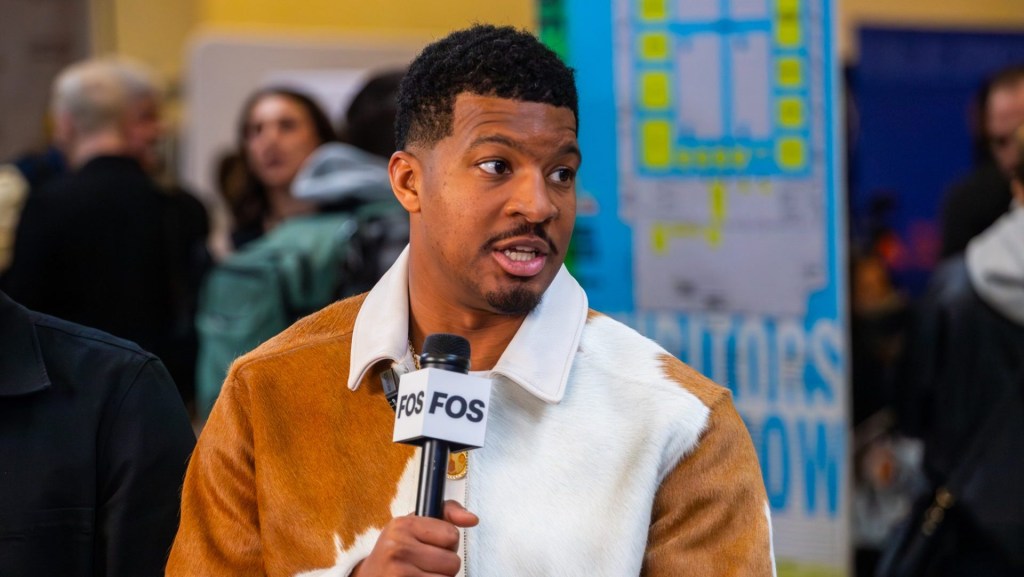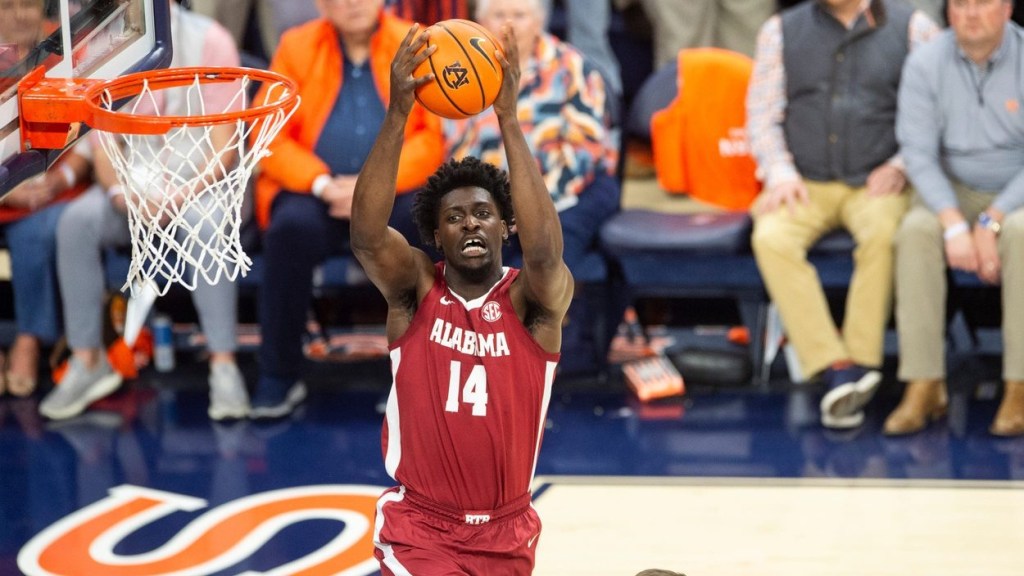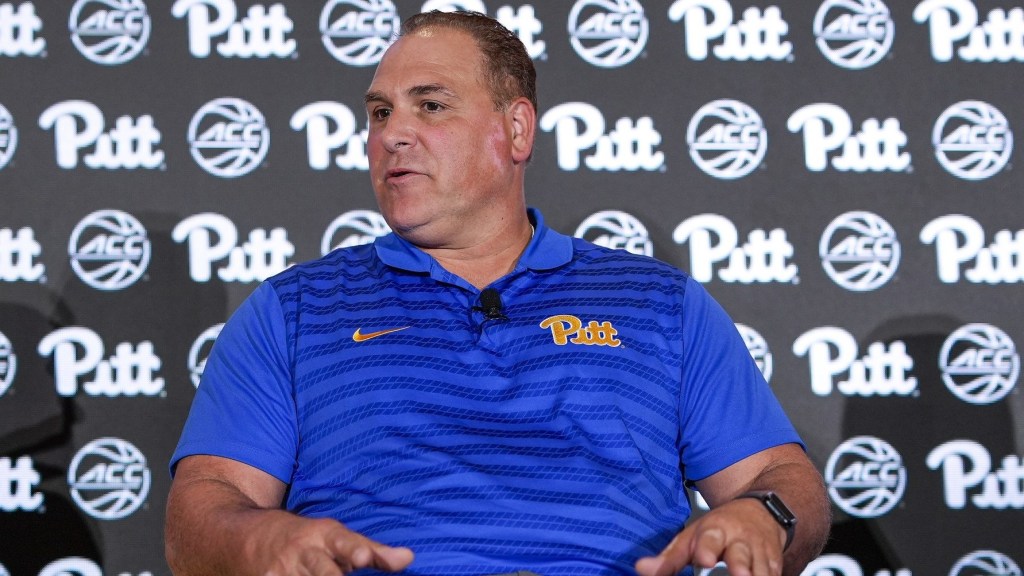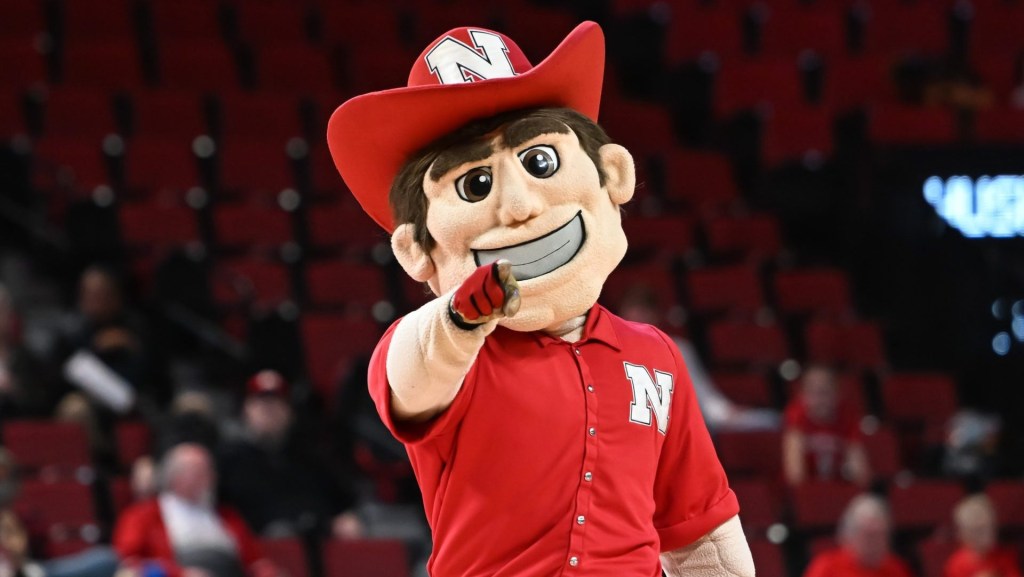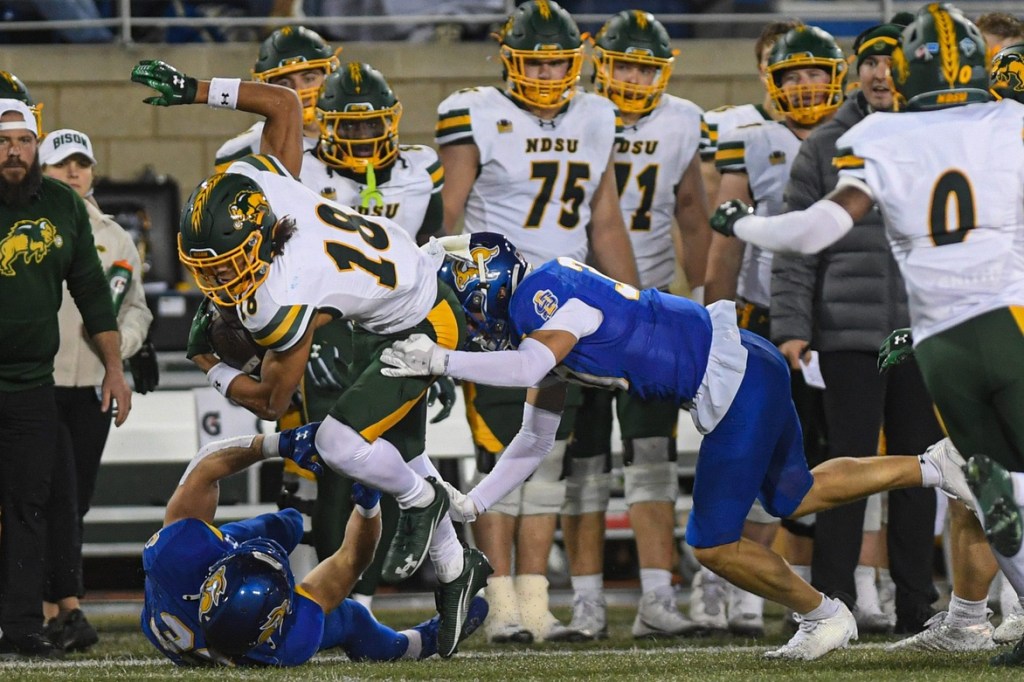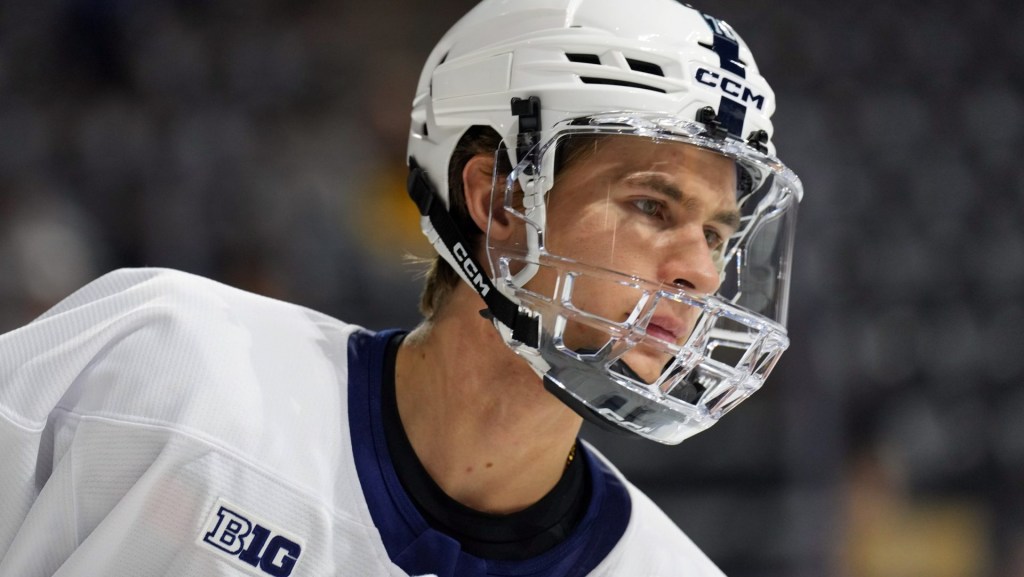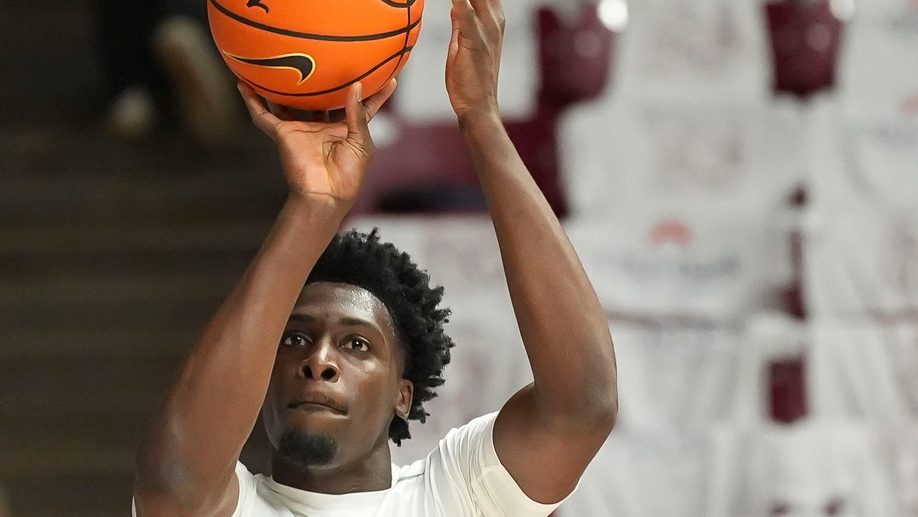Late Friday night, Northern District of California judge Claudia Wilken approved the landmark House v. NCAA settlement, which will offer $2.8 billion in damages to players who couldn’t cash in on NIL (name, image, and likeness) before 2021. It also sets up a new pay structure, which allows schools to pay college athletes for the first time and aims to curb NIL deals being used as pay-for-play.
When it comes to enforcing NIL restrictions—as well as some of the other terms of the House settlement, including roster limits and a cap on revenue-sharing—there’s a new sheriff in town. And it isn’t the NCAA. Instead, the power conferences, including the Pac-12, have been tasked with creating and operating an enforcement entity.
On Friday, the conferences formally launched the College Sports Commission, an organization that will enforce the terms of the House settlement Former MLB executive and U.S. attorney general Bryan Seeley was named CEO of the group, and will be tasked with “building out” an investigative arm and an enforcement arm.
“Our schools want rules,” Big 12 commissioner Brett Yormark told reporters Monday. “And we’re providing rules. And we will be governed by those rules. If you break those rules, the ramifications will be punitive.”
It’s unclear how the organization will be funded, though the assumption is that the power conferences will float the costs. Schools using the clearinghouse to vet NIL deals will be expected to pay a fee.
CSC will enforce three major components of the settlement:
- The cap on athletic department revenue-sharing with players, which will begin this year at $20.5 million per school.
- The new vetting process to ensure NIL deals offered by boosters and collectives are fair-market value, and not “pay-for-play.” (Explicitly paying athletes to play sports at a college is still against NCAA rules.)
- The new roster limits, as well as the athletes who have been grandfathered into those limits so they wouldn’t lose roster spots.
The CSC website says there’s software for revenue-sharing management (which schools in D-I can opt into by June 15), and that the court will receive lists of athletes to be grandfathered into new roster limits. But the website has not been updated to provide information on how the limits on the cap and rosters will be enforced.
Perhaps the most complex challenge will be evaluating NIL deals. The settlement allowed for the creation of an “NIL clearinghouse” to vet any deal over $600 offered by a collective, booster, or brand with a strong association to a particular school. Deloitte has created software to operate the clearinghouse, called NIL Go, that will take multiple factors into account to determine whether the deal represents fair-market value: the relationship between the “payor” and the school; whether the athlete “sells a good or service” in exchange for the money; and whether the money offered is “commensurate” with other NIL deals.
A deal would receive one of three decisions: cleared, not cleared, or requires more information. If not cleared, players could re-do the deal and resubmit it, cancel it, submit it for appeal through a neutral arbiter, or proceed with the deal. But if they proceed with it, they could be subject to penalties handed down by the CSC, including “loss of eligibility,” the website says. ACC commissioner Jim Phillips said Monday that the commissioners had not decided on specific punishments, noting that those would be up to Seeley.
There’s been confusion across the industry about when the rules for NIL deals would take effect. As such, collectives have been “frontloading” deals—paying players an entire year’s worth of NIL income—in advance of the clearinghouse launch so they wouldn’t be subject to the new scrutiny. Originally, it appeared that the vetting process would begin on July 1, when the settlement took effect. NIL deals are subject to clearinghouse vetting as of June 7, according to the CSC website. But the NIL Go platform doesn’t formally launch until June 11. So it’s unclear whether athletes will have to retroactively submit their deals for review.
Industry sources, including lawyers, collective operators, and athletic department officials, have had concerns about whether NIL Go would succeed in preventing pay-for-play, and whether its terms would be legally enforceable. From an antitrust perspective, for example, it’s unclear whether any entity could determine “fair-market value” of an NIL deal, and try to block the deal from happening as a result.
As a result, the power conferences have asked their schools to sign a memo saying they wouldn’t sue to challenge NIL Go—a memo many schools expressed concerns about signing, FOS previously reported. Yormark said Monday that the memos are a “work in progress,” but that at least within the Big 12, there was “no pushback,” but that it “looks to get executed in short order.”
Athletes, collectives, and even state attorneys general aren’t parties to those agreements, however. The ACC’s Phillips said there’s been no formal plan implemented in case one of those groups decides to sue to challenge the clearinghouse.




